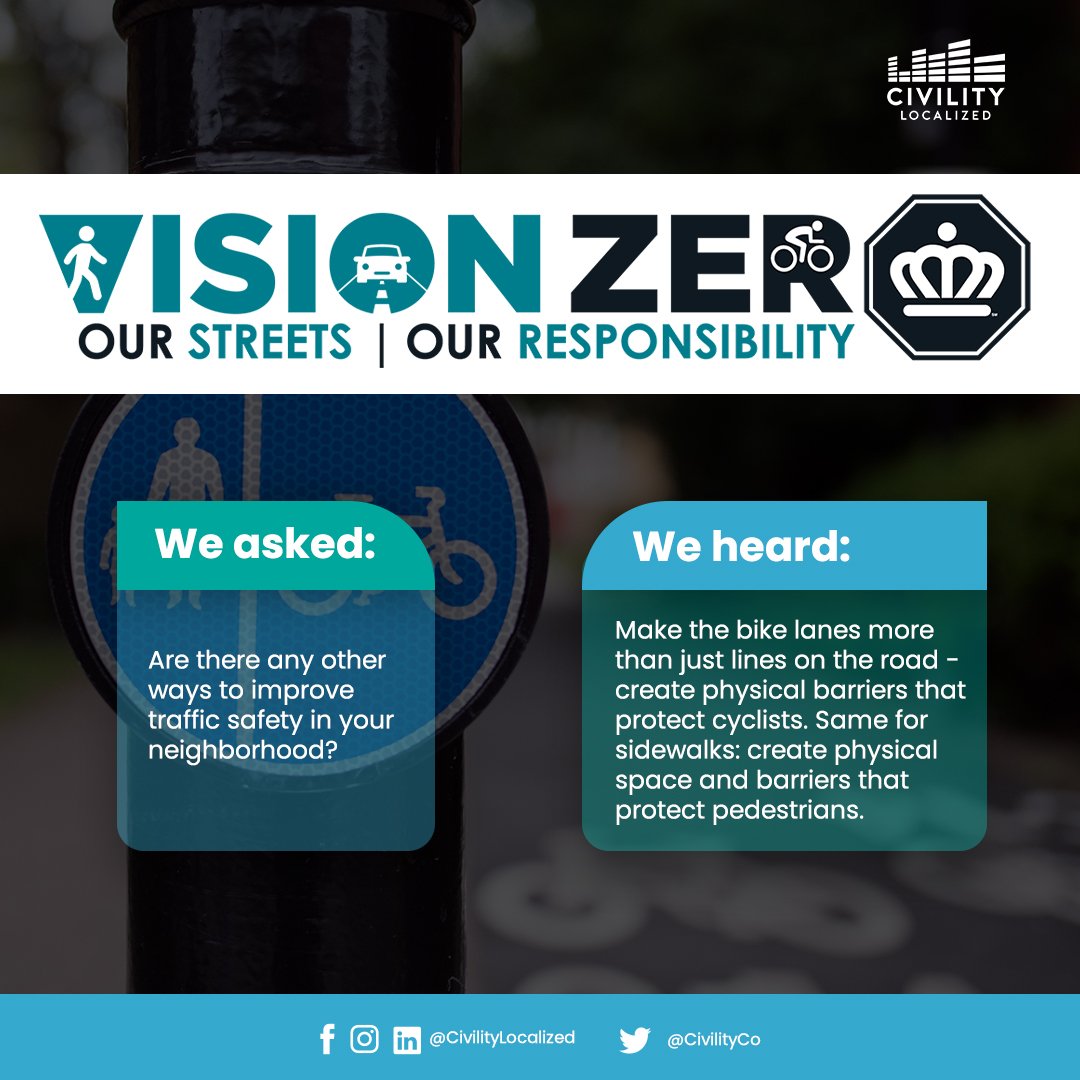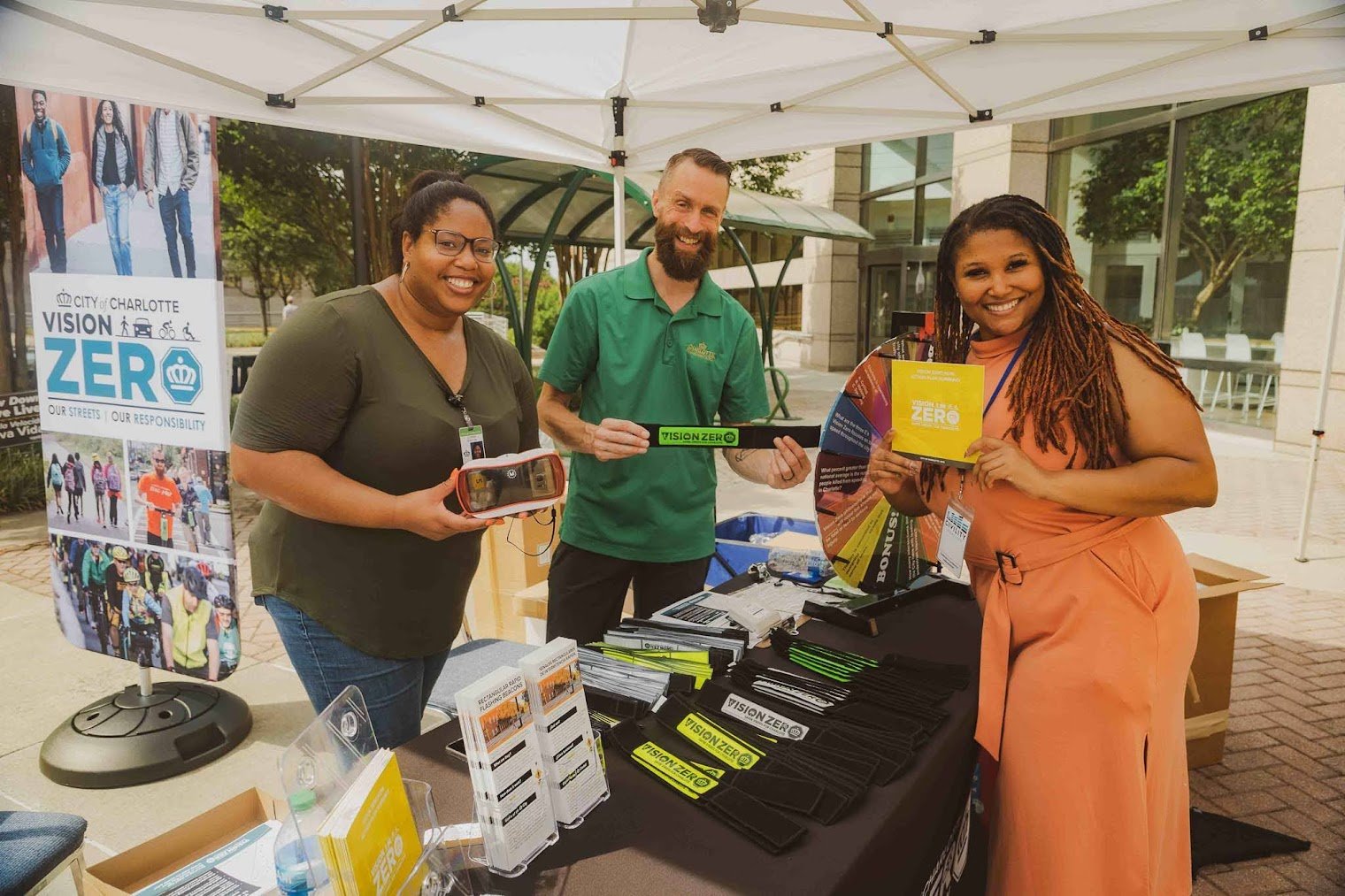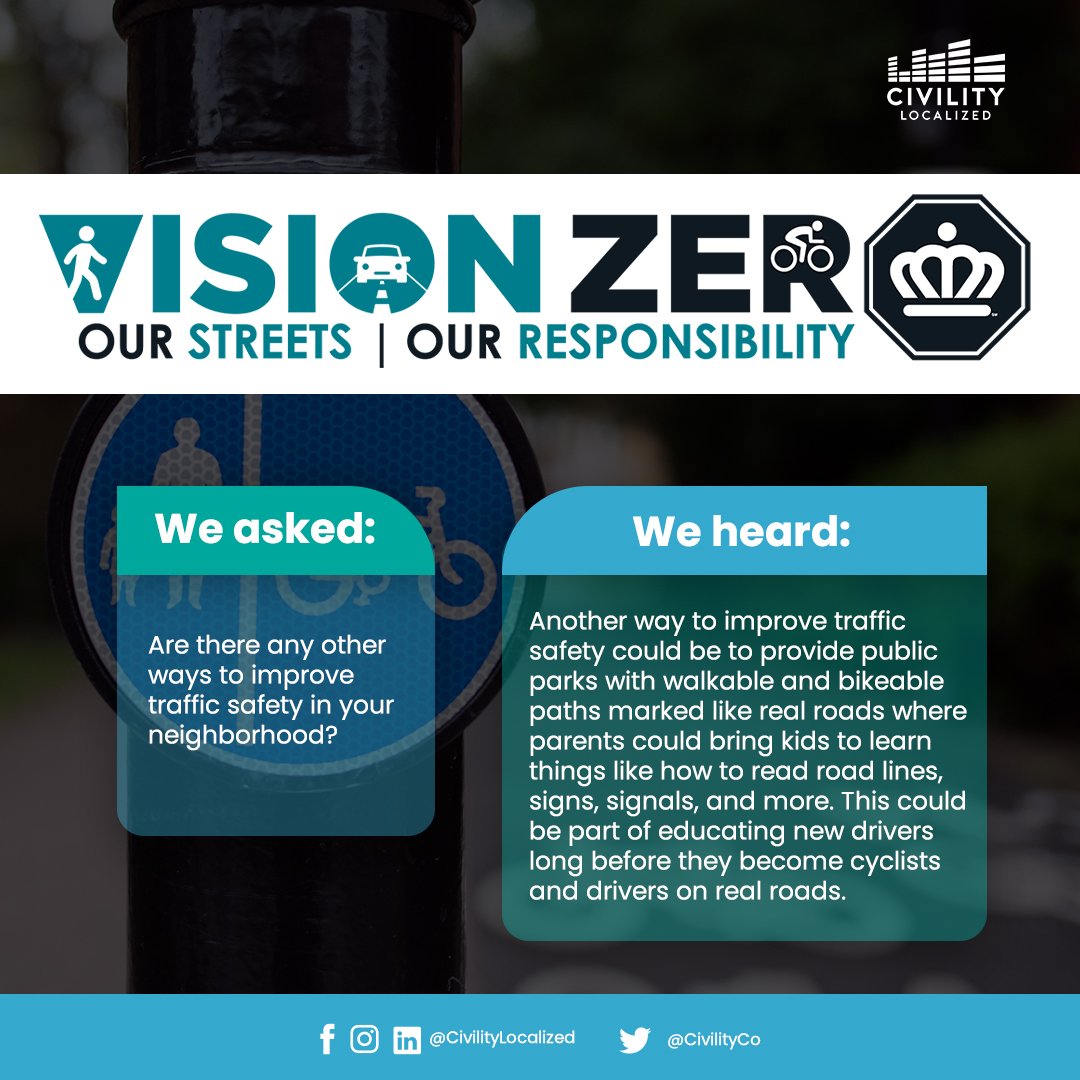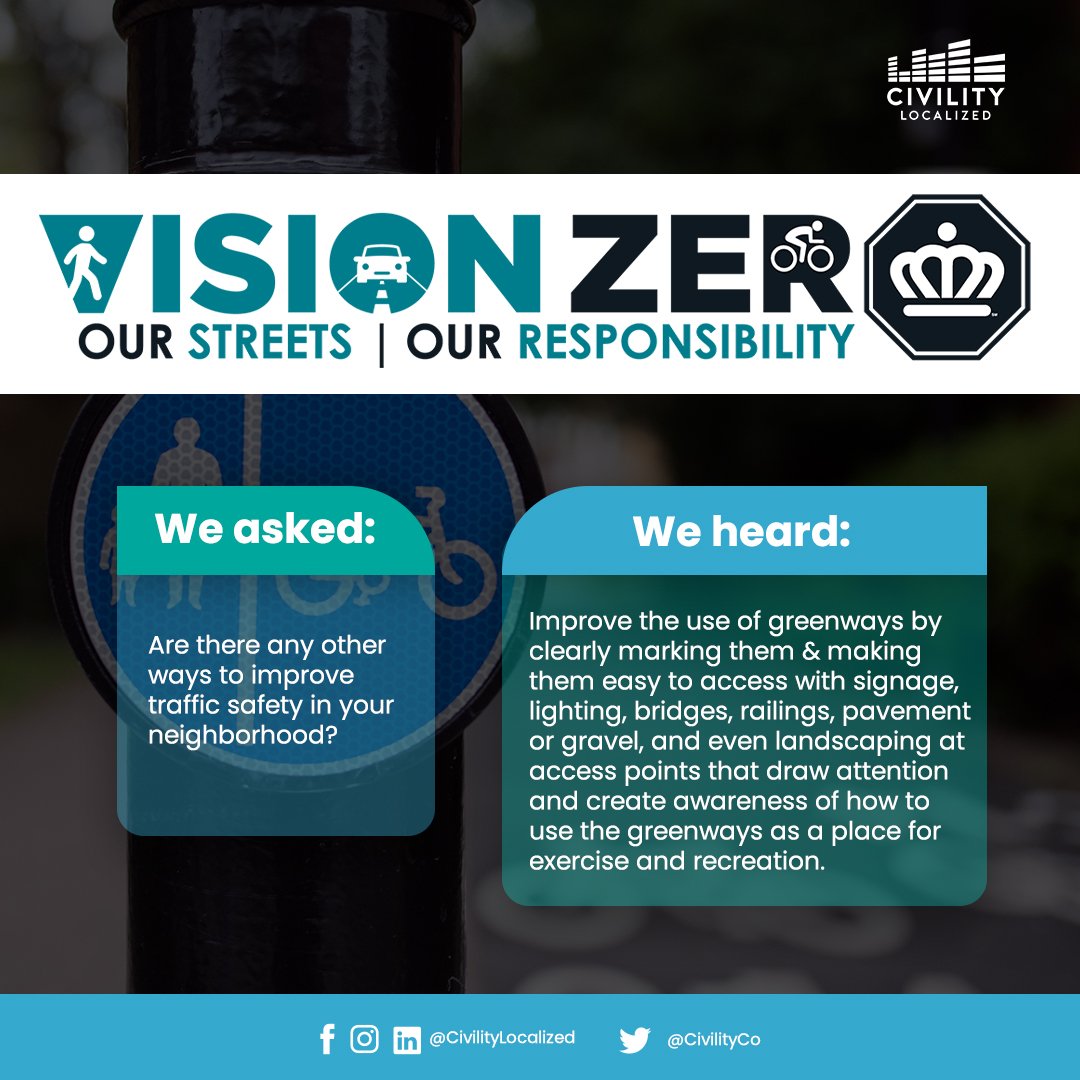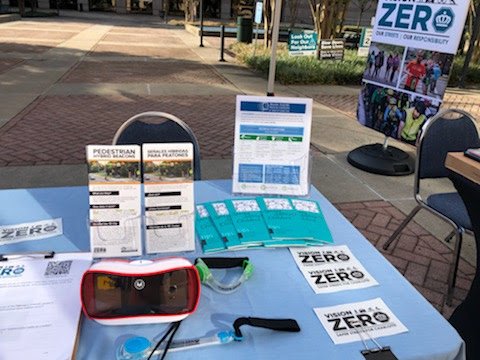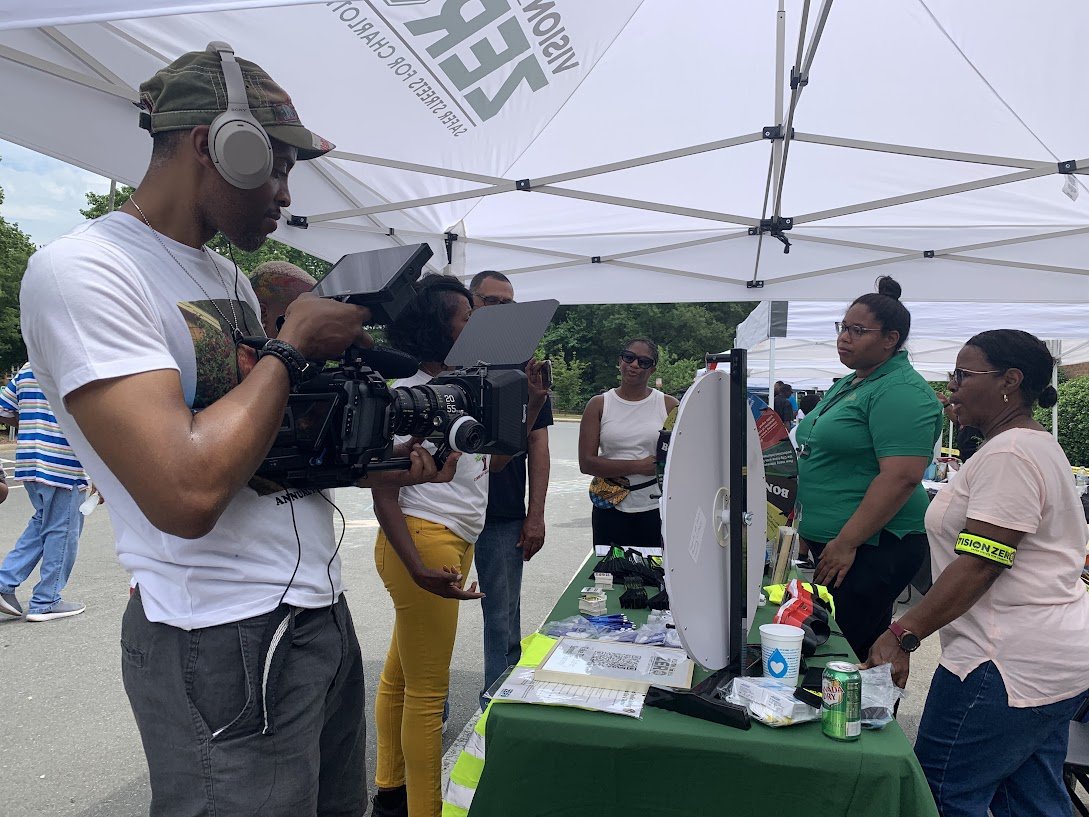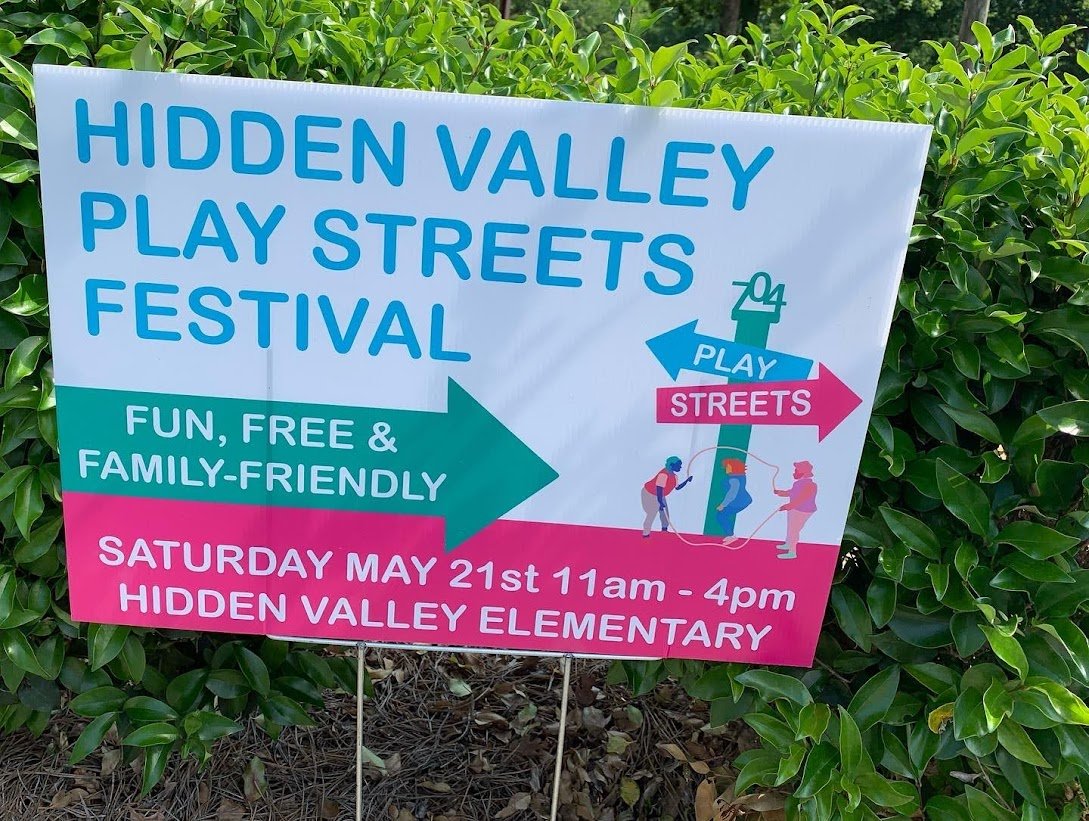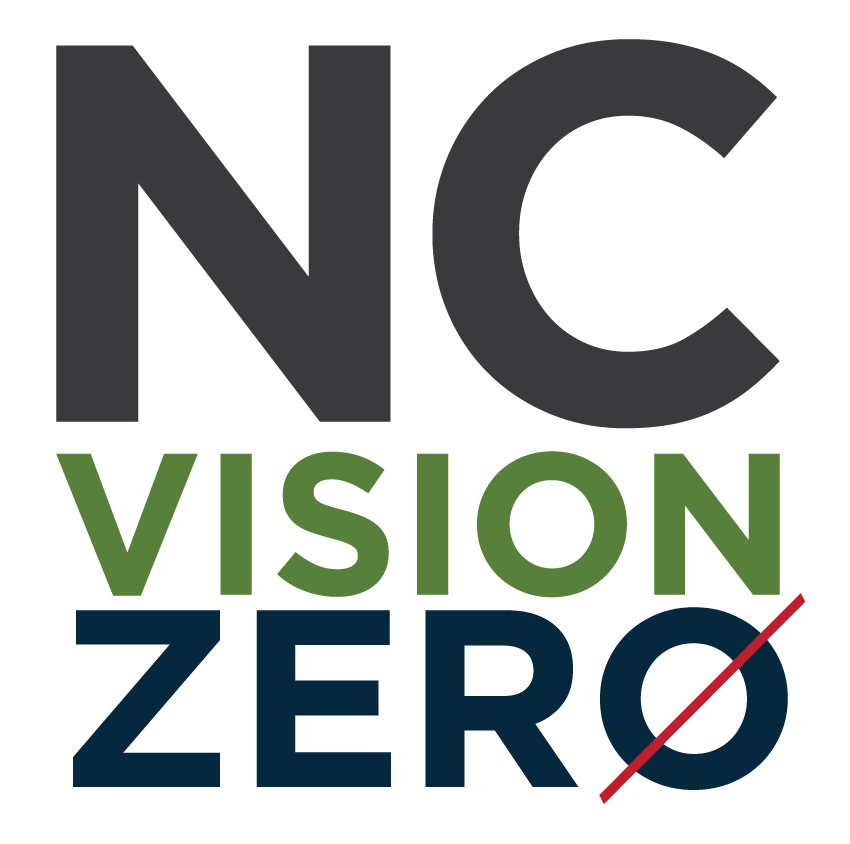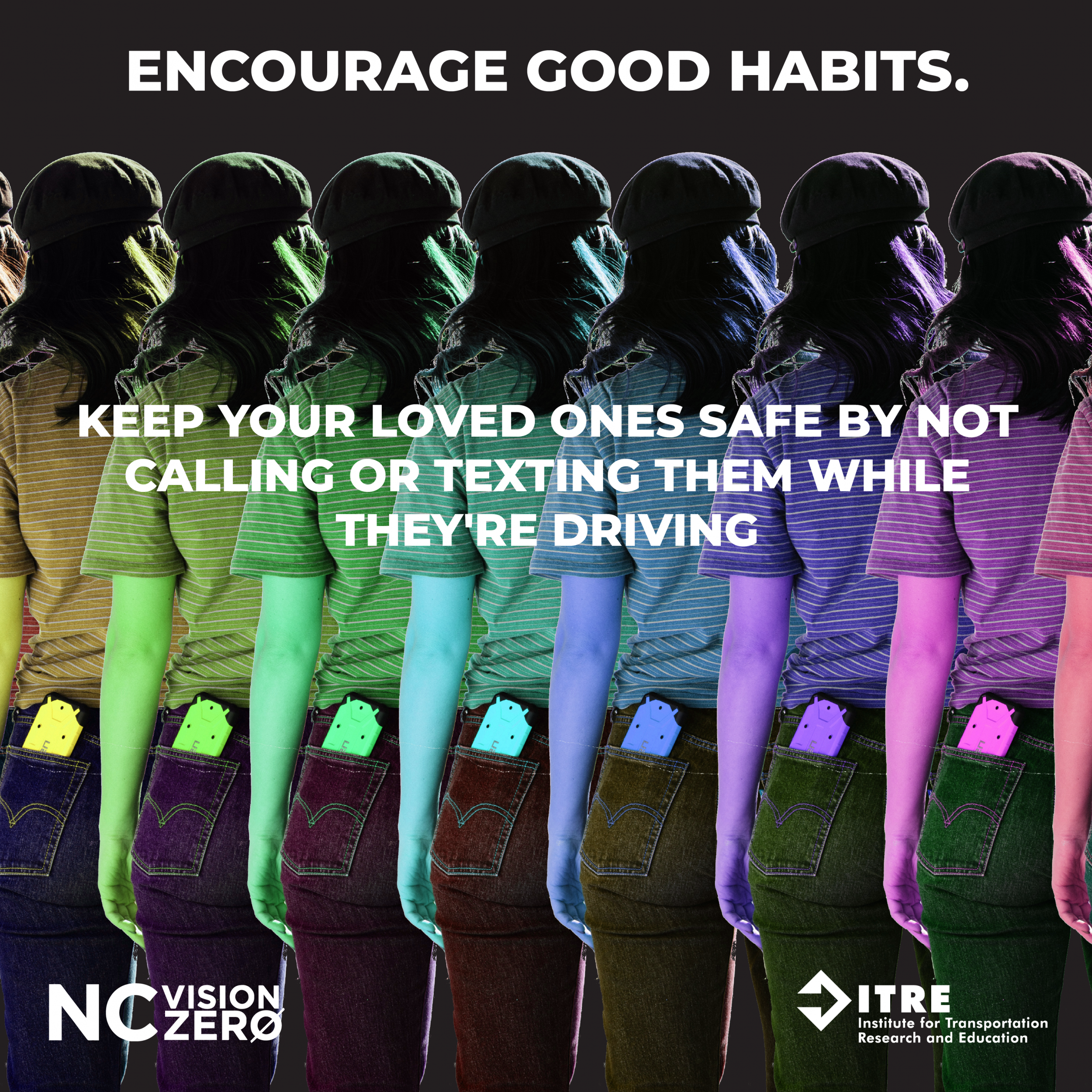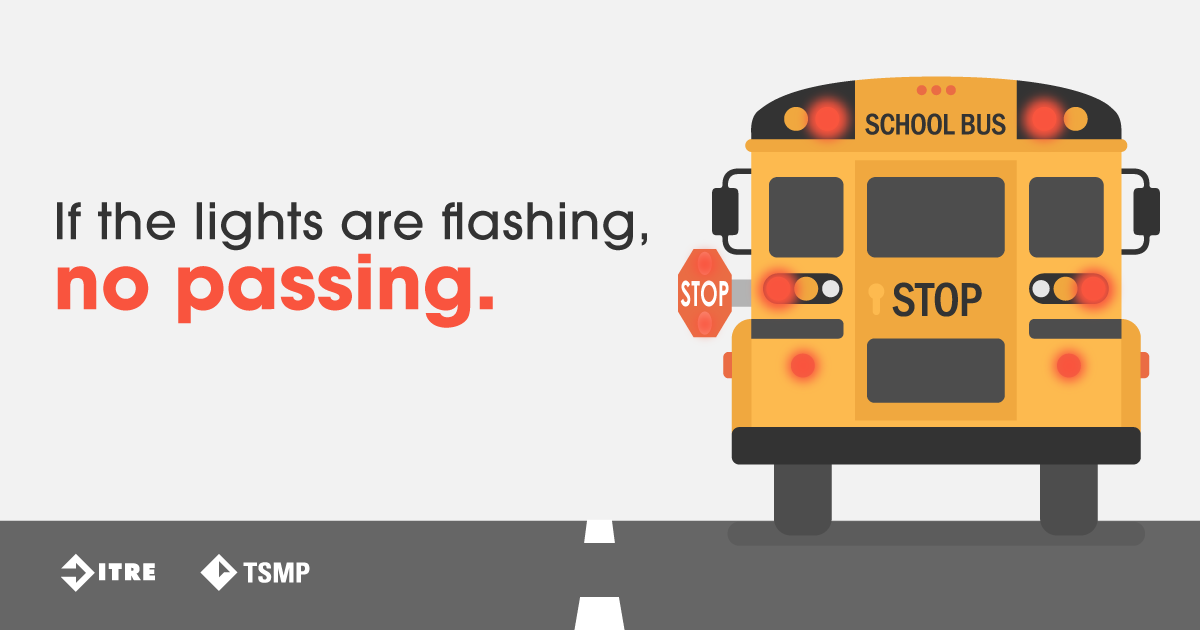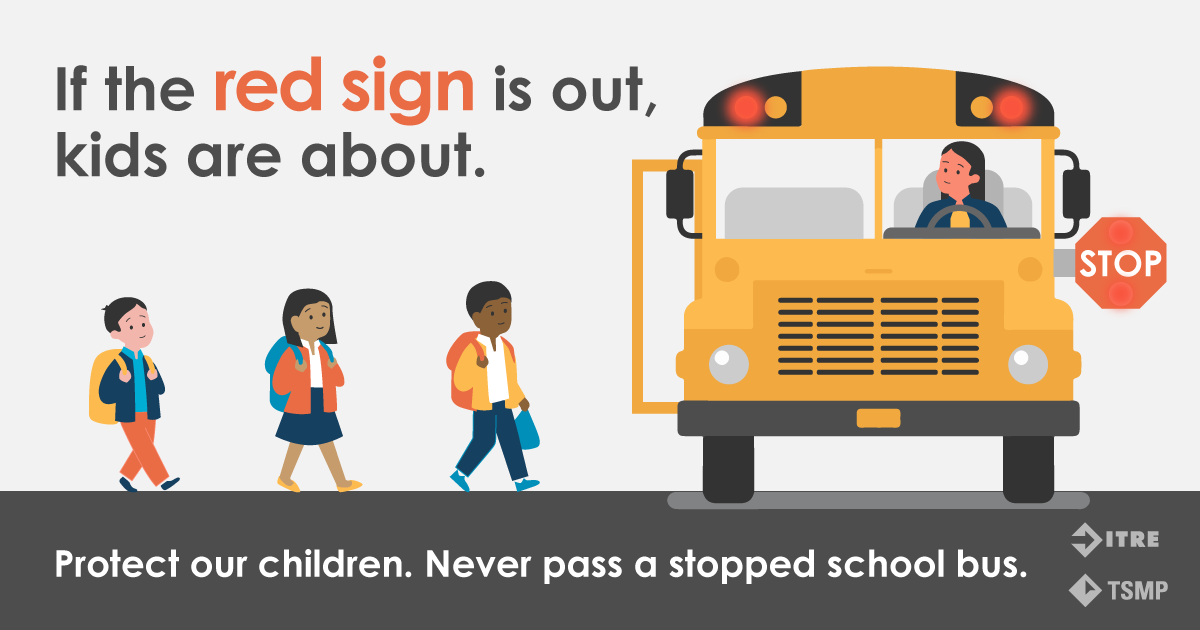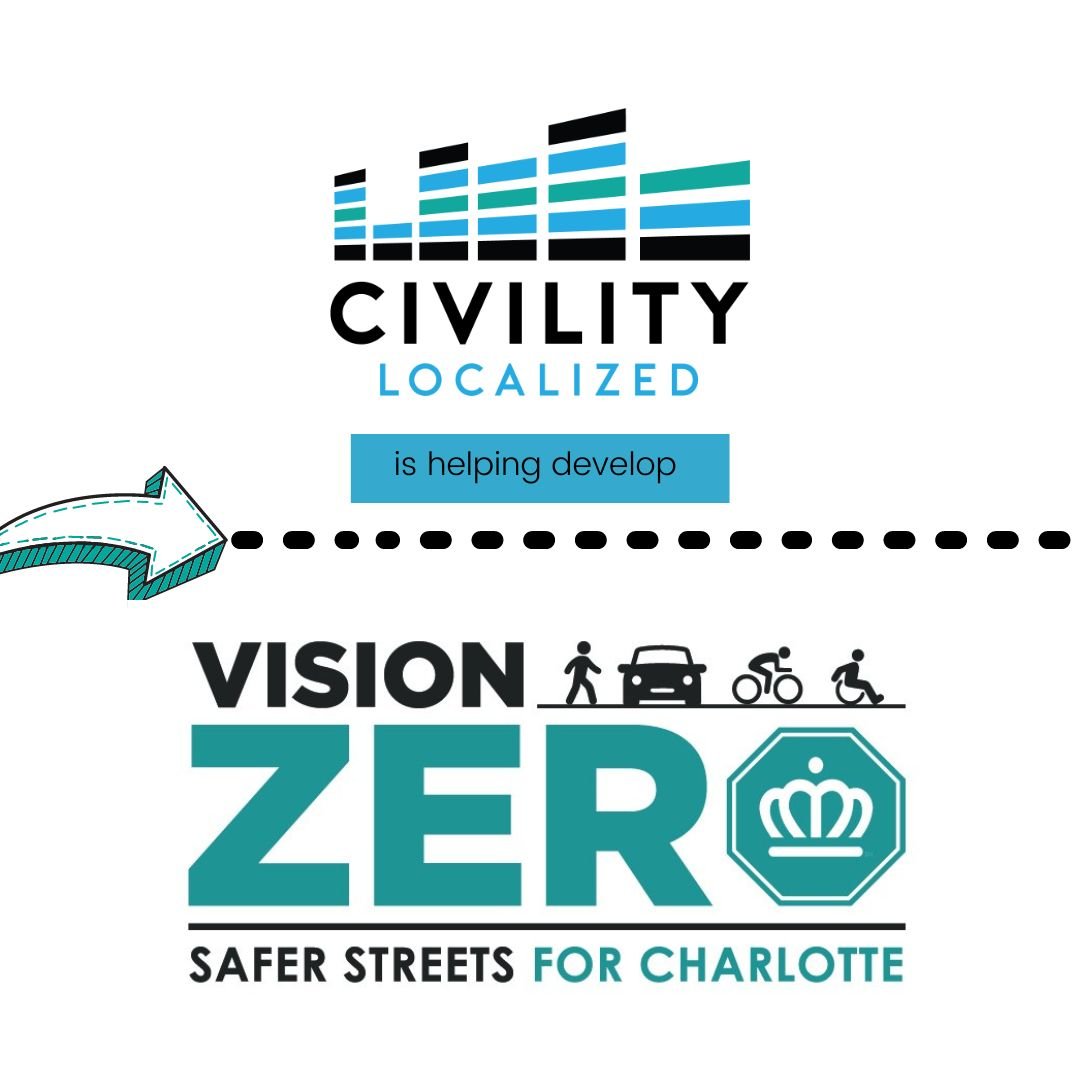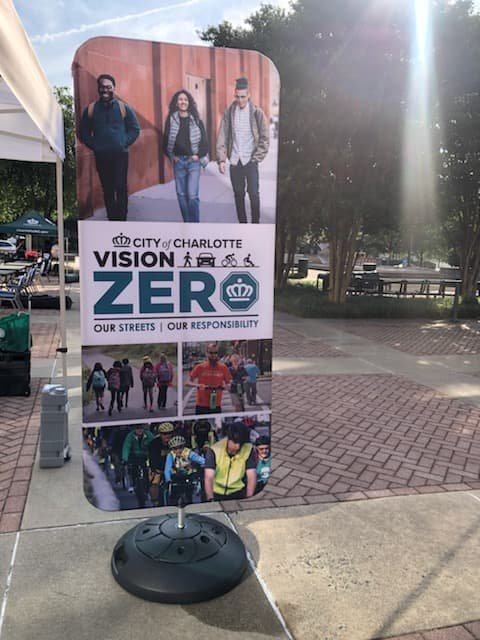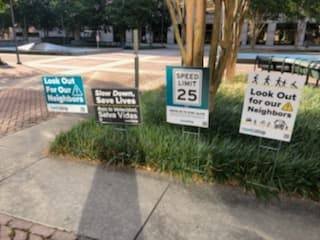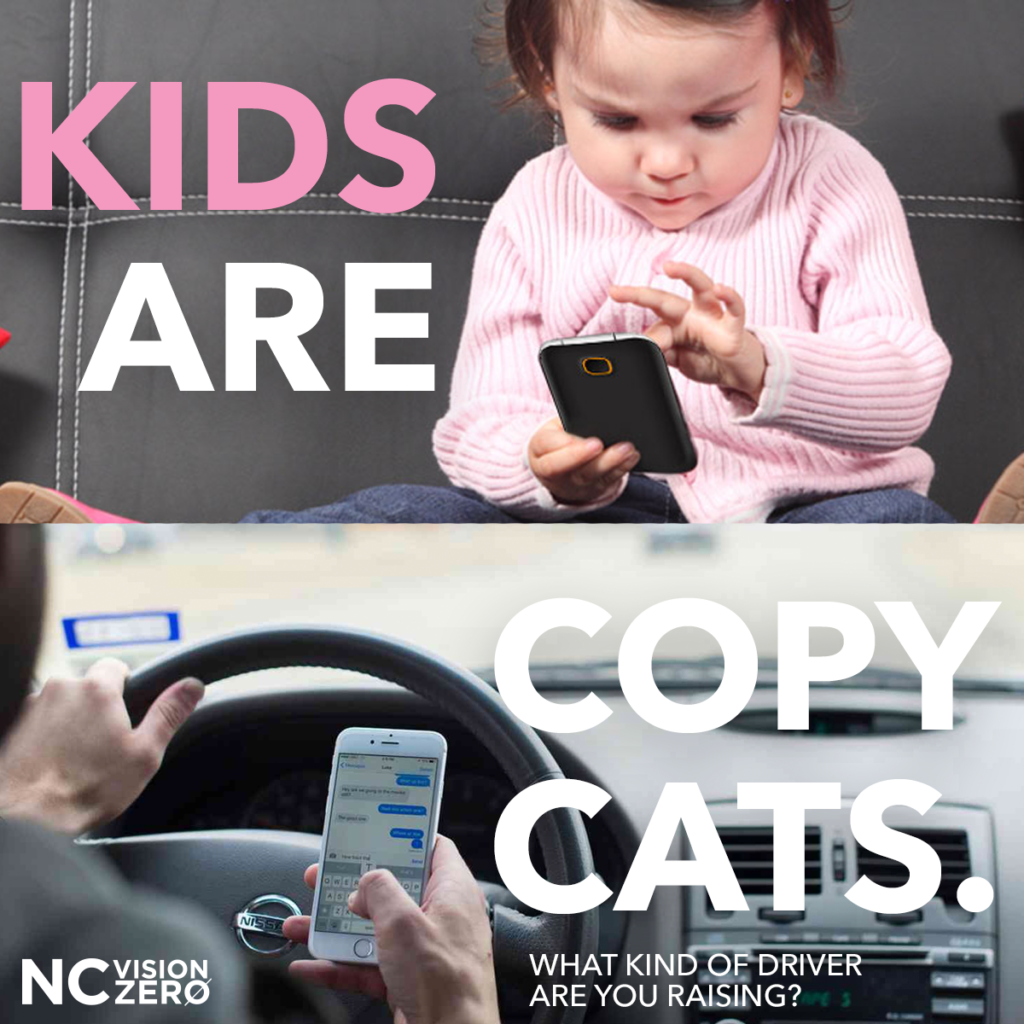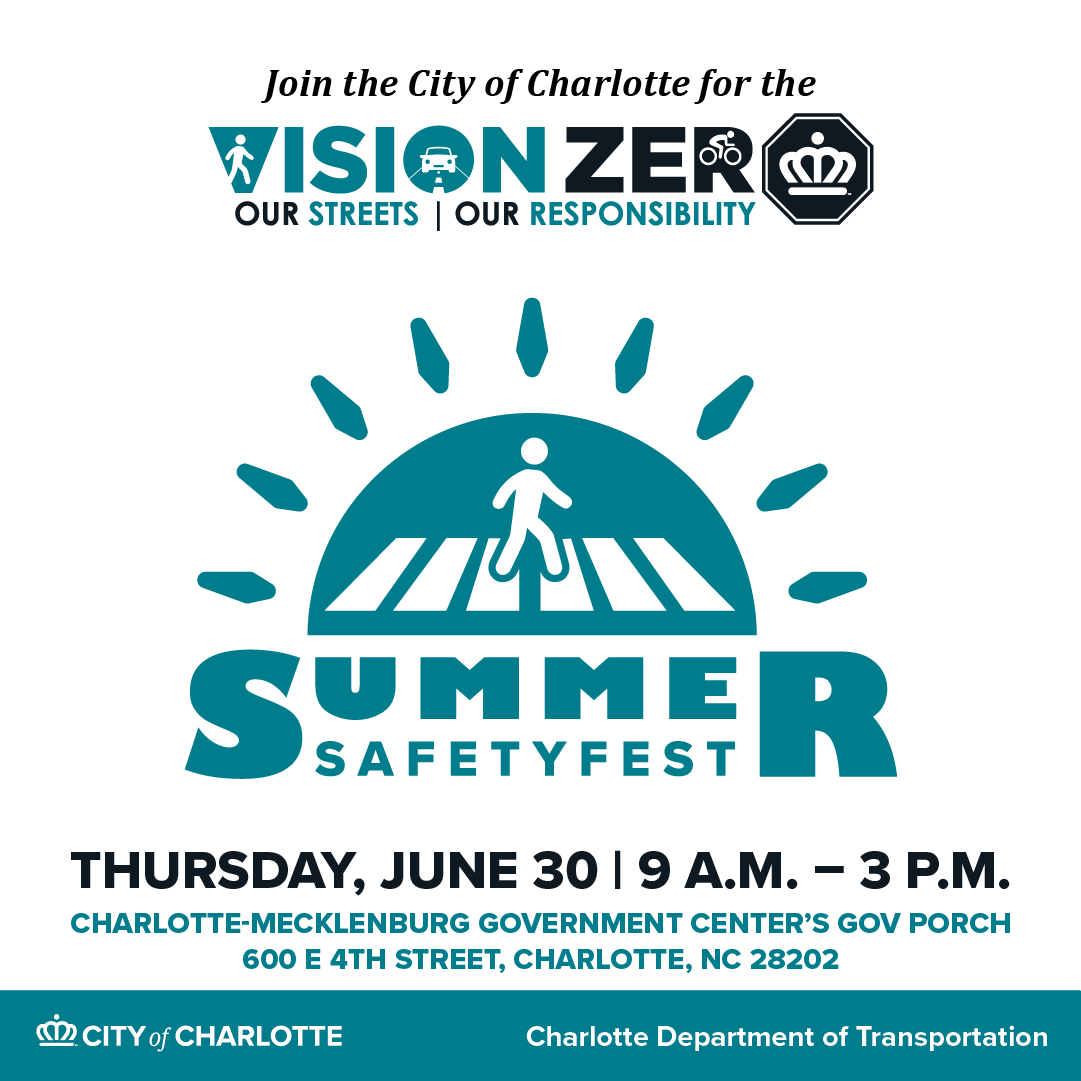City of Charlotte Vision Zero Awareness Campaign
City of Charlotte’s #VisionZero to ensure safer streets
Background
The City of Charlotte employed broad and inclusive community engagement programming to provide direction to the Vision Zero Task Force and Program. The intent was to leverage messaging across communication modes to reach those in the City most impacted by fatal and severe injury crashes, particularly those culturally, multilingually, generationally, and socio-economically diverse.
What We Did
Civility Localized developed a Community Engagement Strategy to accomplish the goals of the project plan, marketing, and branding for awareness campaigns. Our team met bi-weekly with CDOT, Vision Zero Program Managers, and City of Charlotte Communications Team.
At the outset, we conducted a high-level brand and messaging diagnostic. This included a review of how the City’s Vision Zero initiative had been communicated to elected officials, stakeholders, and the public in the past.
Civility Localized then provided mapping and desktop publishing support for deliverables, as well as implementation and tracking support. Our team of expert consultants developed metrics to track and measure progress. Our internal design team developed branded content for distribution online and at pop-up community and neighborhood events around the city of Charlotte. Special attention was paid to tables at events in Charlotte’s corridors of opportunity.
At these events, Civility Localized Community Ambassadors interacted with the public and distributed surveys via QR codes, tablets, and paper flyers and handouts.
Challenges
Increasing Vision Zero engagement and collaboration among community members who represent diverse cultures, languages, ages, socioeconomic and abilities in Charlotte. Identifying the top behaviors and systems resulting in disproportionate serious injuries and fatalities in Charlotte's High Injury Network to foster a safety-first culture in the daily travel experiences for all Charlotteans.
Media
